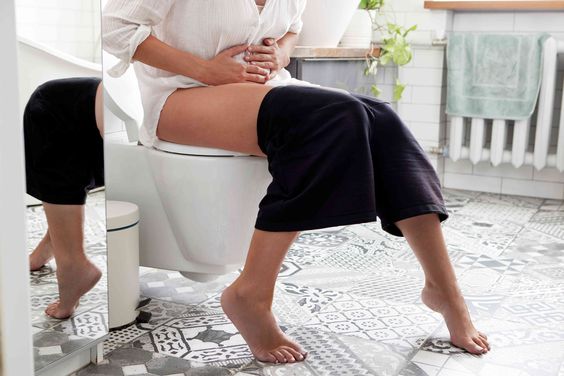Introduction:
The term "decidual cast" might sound intimidating, but it refers to a rare gynecological phenomenon that involves the shedding of the entire lining of the uterus (the endometrium) in one piece, resembling a cast of the uterine cavity. While it can be alarming, a decidual cast is not typically a cause for serious concern. This condition is often associated with hormonal fluctuations, particularly those caused by certain types of hormonal contraceptives or hormonal imbalances.

Decidual casts are most commonly observed in women of reproductive age, but they are not associated with pregnancy. In fact, they are often linked to anovulatory cycles, meaning cycles where ovulation does not occur. This phenomenon can be triggered by hormonal changes that lead to the thickening of the endometrium, which then sheds as a single unit rather than in fragments as in a typical menstrual cycle.
Understanding Decidual Casts
A decidual cast is essentially a complete shedding of the thickened endometrial lining, appearing as a whitish or pinkish membrane. While visually startling, this shedding is usually painless. However, some women may experience cramping or discomfort similar to menstrual cramps.
Causes of Decidual Cast Shedding
The primary cause of decidual cast formation is hormonal fluctuations. Hormonal contraceptives, particularly progestin-only pills or injections, can disrupt the normal menstrual cycle and lead to an overgrowth of the endometrium, increasing the likelihood of a decidual cast.
Other potential causes include:
- Hormonal Imbalances: Conditions affecting hormone production, such as polycystic ovary syndrome (PCOS), can contribute to decidual cast formation.
- Medications: Certain medications other than hormonal contraceptives can also trigger hormonal changes.
- Stress and Lifestyle Factors: While not direct causes, stress and significant lifestyle changes can influence hormone levels.
Pain and Treatment
Decidual casts are typically not painful. However, the expulsion of the cast may cause cramping, similar to menstrual cramps. If you experience significant pain or discomfort, it's advisable to consult a healthcare professional.
Treatment for decidual casts is not always necessary, especially if they are painless and infrequent. However, if they recur or are associated with pain, a doctor may recommend:
- Hormonal Therapy: Adjusting hormonal contraceptive methods or addressing underlying hormonal imbalances can help regulate the menstrual cycle and prevent future occurrences.
- Pain Management: Over-the-counter pain relievers can alleviate cramping and discomfort.
When to Seek Medical Attention
Although decidual casts are usually benign, it's essential to consult a doctor if you experience:
- Severe pain or bleeding: Heavy bleeding or intense pain should be evaluated promptly.
- Recurrent decidual casts: Repeated occurrences might indicate an underlying hormonal issue that needs attention.
- Uncertainty or concern: If you are ever unsure about your symptoms or have any concerns, seeking medical advice is always recommended.





